Indian society is often described as one with ‘unity in diversity’ and as a composite culture. Since independence, India has also been termed ‘democratic’ and ‘secular’. However, the discernible cracks that have appeared in recent years in these conceptualizations have led to contentions debates about the very nature of Indian society. Focusing on different facets of this exacerbating crisis, this book analyses the various issues confronting India’s society and policy today which can assume crisis proportions if not tackled judiciously and expeditiously. The author discusses seven internal threats that are antithetical to the democratic order: Secessionist movements that question both the legitimacy of the Indian state and a single ‘Indian’ identity; Irredentist movements that reject the artificial vivisection of tribal or linguistic communities across different political units; the inadequate autonomy conceded by the central government to the provincial states; threats faced by the inhabitants of certain regions where a disproportionate number of immigrants tend to dominate them; threats posed by Hindu fundaments and their ‘nation-building’ anchored in religion to minority communities, exemplified by the Gujarat carriage of 2002; The threat posed by upper-caste hegemonic identity to traditionally oppressed castes; Elite and patriarchal hegemony, which between them subordinate women and the loss well-off. Professor Oommen argues that these threats can be contained by providing the requisite political and cultural autonomy within the federal framework, and advocates the endorsement of democratic values that incorporate a shared vision of the nation and its polity. Incisive and timely, this book will be invaluable to students and scholars in departments of anthropology, sociology, political science and history, as well as the concerned citizen.
ABOUT THE AUTHOR T.K. Oommen
Prof. T.K. Oommen is an eminent Social Scientist and so far the only scholar from Asia and Africa to have been elected to the position of President (1990-94), International Sociological Association (ISA), a fifty-year old UNESCO-sponsored world body of Sociologists. He was the Secretary-General of the XI World Congress of Sociology, the quadrennial Congress of the ISA, held in New Delhi in 1986. Pro. Oommen was also the President of the Indian Sociological Society during 1998-1999. Prof. Oommen authored/edited 18 books and over 100 research papers in top professional journals, both Indian and international. His recent books include: Citizenship, Nationality and Ethnicity, Polity Press, Cambridge, 1997; Equality, Identity and Pluralism, Oxford University Press, 2002; and Nation, Civil Society and Social Movements, Sage Publication, 2004. He has been given three prestigious awards-the V.K.R.V. Rao prize in Sociology (1981); the G.S. Ghurye award in Sociology and Social Anthropology (1985) and the Swami Pranavananda Award for Sociology (1997) in recognition of his professional contributions. An internationally reputed scholar, Prof. Oommen was invited to be a visiting Professor/Fellow at: Department of Sociology, University of California Berkeley (U.S.A.), Fall 1990; Maison des Sciences de L'homme, Paris (France), June-July 1992; Wissenshaftszentrum Berlin, May-July 1993 and June 1994; Research School of Social Sciences, Australian National University, Canberra, Australia, December 1993; institute of Advanced Studies, Bdapest, Hungary, October 1994-July 1995; Institute of Advanced Studies, Uppsala, Sweden, January-June 1998. Professor Oommen started his academic career in 1964 as a faculty member of Delhi University, joined Jawaharlal Nehru University as Associate Professor in 1971. He became a full Professor in 1976 and retired from JNU in October 2002. At present Professor Oommen is Chair, Non-traditional Security, Delhi Policy group; Chair, Schumacher Centre, Delhi; Chair, Programme Advisory Group, Gujarat Harmony Project, CARE India, New Delhi and President, Forum for India and European Union.

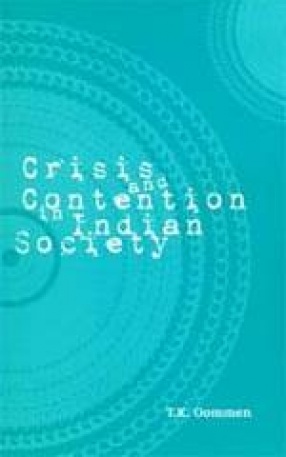
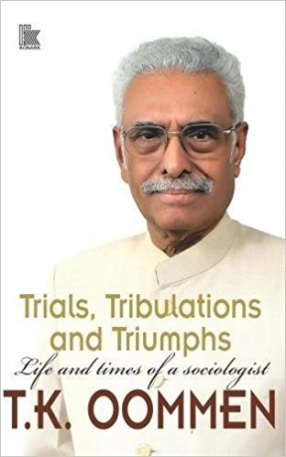
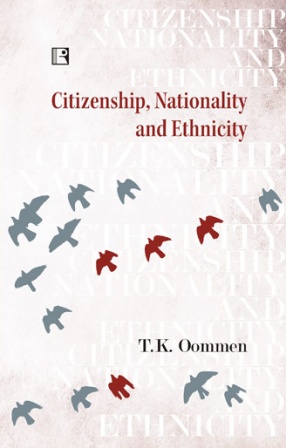
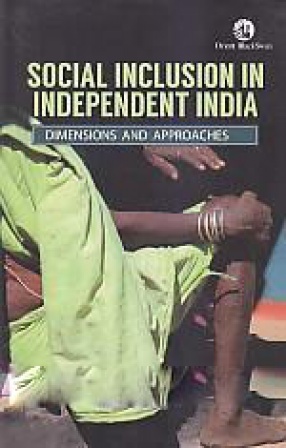
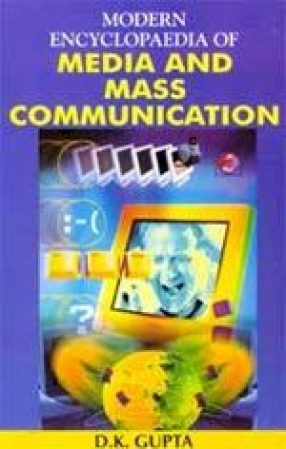
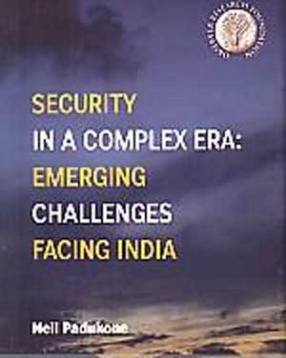

There are no reviews yet.